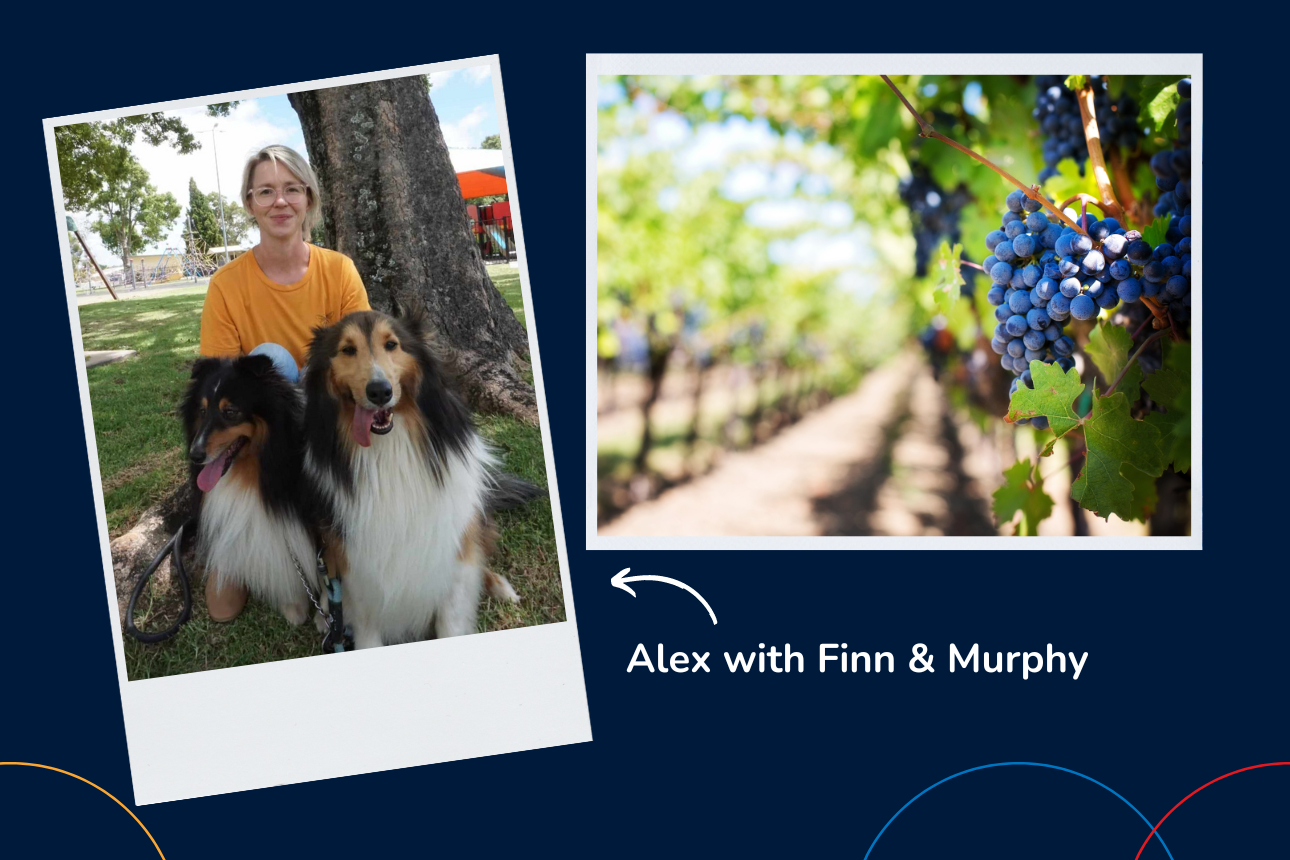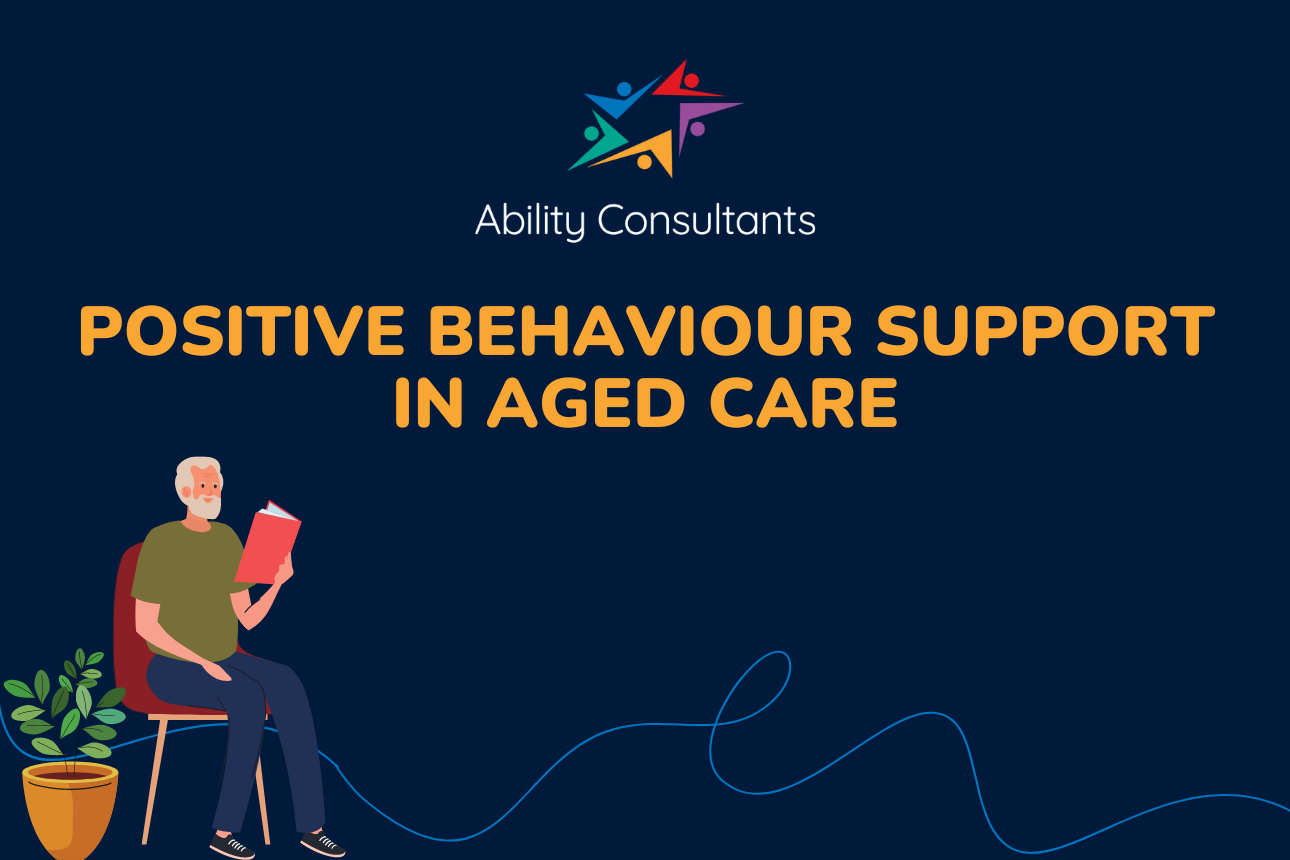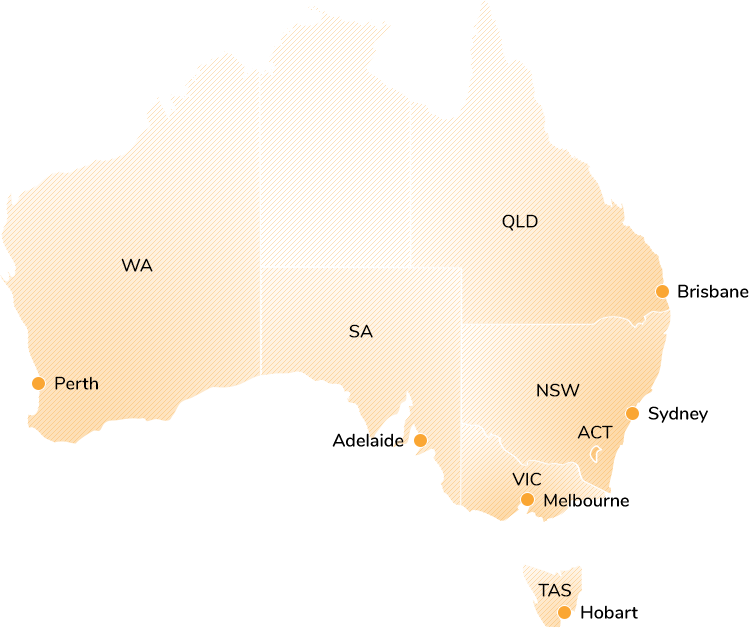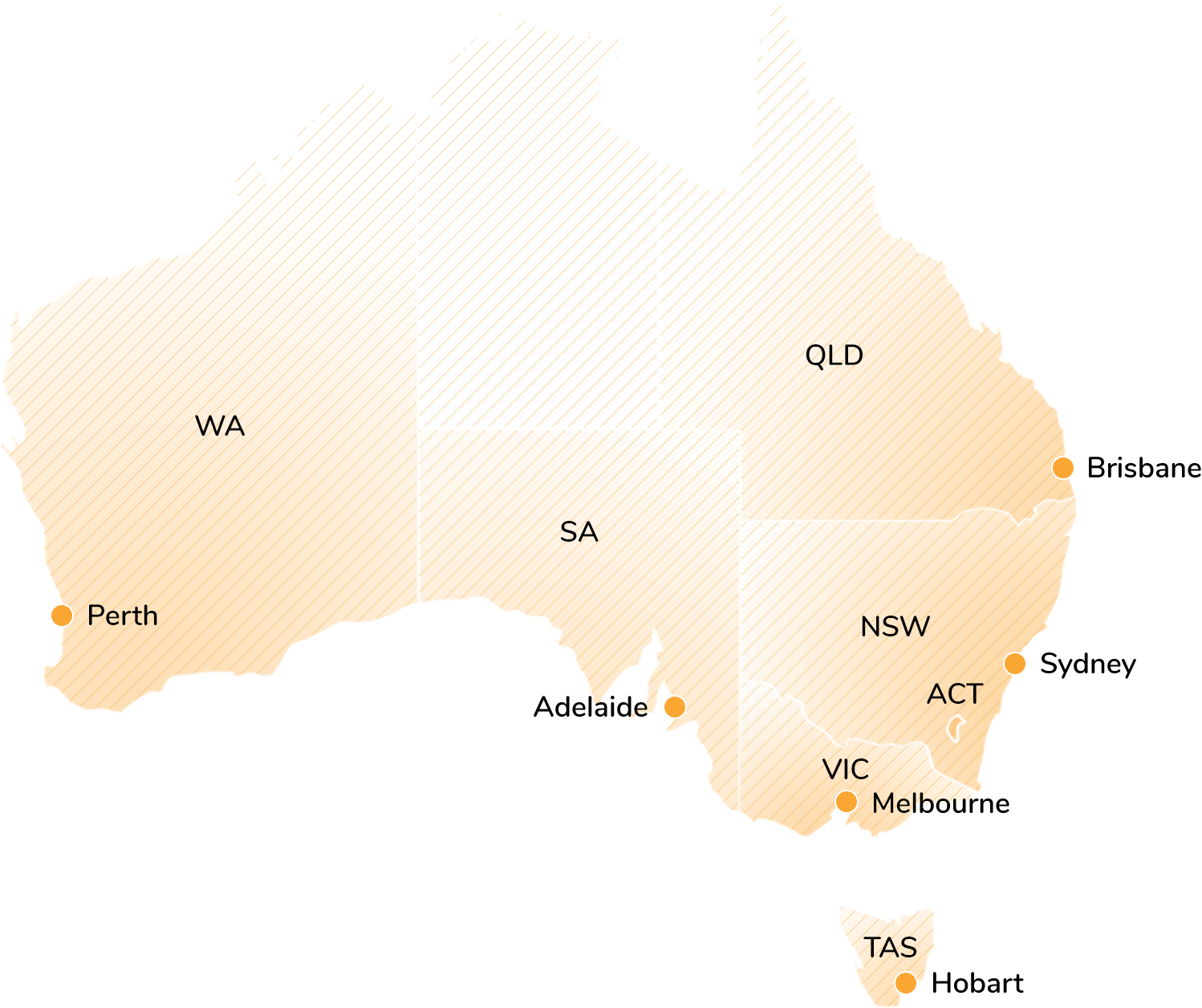Meet Alexandra Cox, NDIS Provider and Behaviour Support Practitioner in New England and Darling Downs

We’re supporting NDIS participants through Positive Behaviour Support in New England, NSW and Darling Downs, QLD. It’s our mission to make Positive Behaviour Support easy to access, and part of this mission means supporting PBS practitioners as they provide support in regional communities in New South Wales, Queensland and beyond.
Meet Alexandra Cox, Behaviour Support Practitioner and NDIS provider in New England and Darling Downs
We’re very happy to introduce Alexandra Cox, who supports NDIS participants in the New England and Darling Downs communities. Alex completed a Bachelor of Health Science and Graduate Diploma of Counselling and she is currently completing her Masters of Counselling and Psychotherapy.
Alex is also an experienced Disability Support Worker, Diversional Therapist, AOD Counsellor and has worked within the criminal justice system. Alex is passionate about developing positive and supportive relationships to bring about meaningful change and help others improve their quality of life.

Hi Alex, thanks for catching up today! Tell us about you!
I moved to Stanthorpe about three years ago — my partner and I purchased a 12 acre plot of land that included an abandoned apple orchard. Since then, we’ve been dedicated to building our own home on the property.
This has been a slow process, as we both work full time. We’ve brushed up on many new skills, learned a lot from YouTube, and are looking forward to finishing the house so we can take a breath before rejuvenating the land.
I’m also three subjects away from completing a Masters of Counselling and Psychotherapy. I have two Shetland sheep dogs called Finn and Murphy. Outside of work and my studies, you’ll probably find me walking them.
You live in Stanthorpe, not far from Darling Downs, between Tenterfield and Warwick — tell us about life in your area.
Stanthorpe offers a relaxed and laid-back lifestyle with a rich cultural experience and a strong community spirit. The town's Italian heritage has contributed to its vibrant cultural scene. Due to its Italian heritage and the cool climate, Stanthorpe is renowned for its horticulture and viticulture, resulting in an abundance of fresh fruit and vegetables, as well as numerous orchards and vineyards that attract seasonal workers from overseas.
There is always a cellar door open and plenty of artisans who are open to sharing their craft. Additionally, Stanthorpe is only three hours away from Brisbane making it an appealing weekend getaway destination. Despite being a rural community, Stanthorpe maintains a vibrant atmosphere, which makes life here feel very balanced!
What’s the number one thing you love about living there?
It’s difficult for me to pick one! What I love most is that, despite Stanthorpe being a small town, it has so much to offer. It boasts a relaxed lifestyle, along with natural beauty, delicious food and wine, and local cuisine. Another aspect that I appreciate is experiencing four distinct seasons.
Stanthorpe, being the coolest town in Queensland, allows me to enjoy mild summers with plenty of sunshine without the humidity, as well as cosy fires during the winter months. I also feel blessed to be able to do the work I do, while living in a rural community.

NDIS providers in New England and Darling Downs
How easy is it to access NDIS providers and services such as Positive Behaviour Support (PBS) in New England and Darling Downs?
Toowoomba is the nearest big town, which is about 90-120 minutes away. This means that Positive Behaviour Support (PBS) is more accessible to participants living in the Darling Downs. However, services are more limited in Warwick and Stanthorpe. There are several companies which visit and provide PBS and with the advent of telehealth this has increased the accessibility of services. Due to the lack of local practitioners in the area, I’m pleased to be able to service an area that’s under-resourced.
As an NDIS provider and behaviour support practitioner, what are some of the values that guide your work?
My key guiding values are person-centred care, transparency, promoting self-determination, and developing therapeutic relationships. Due to the diversity of people who I work with, I prioritise tailoring support to meet the unique needs and goals of each individual.
Empowering my clients to make choices and have autonomy over their lives is essential. The value that I most enjoy putting into action is building trusting relationships to facilitate positive change. These values shape my approach as I provide high-quality, person-centred support to individuals with diverse backgrounds and needs.
Positive Behaviour Support in New England and Darling Downs
What can NDIS participants expect from you as their behaviour support practitioner?
As a behaviour support practitioner, I strive to create a non-judgmental and approachable environment for my clients. Feedback from others has consistently highlighted these qualities as my most valued attributes. I believe in fostering a safe space where people feel comfortable expressing themselves without fear of judgement. Additionally, I aim to maintain a down-to-earth demeanour, ensuring my clients feel heard, understood, and supported throughout their therapeutic journey.
Can you share an example of a diagnosis or behaviour of concern and how Positive Behaviour Support can help?
Positive Behaviour Support can support the reduction of self-harming behaviours. Understanding the triggers and the underlying message of the behaviour can provide a more detailed understanding of what's happening within the client's situation. From this, we can develop strategies to support the client's immediate needs and safety while working towards more long-term strategies that phase out the behaviour.
Here’s a fictional example of a client who has a diagnosis of Autism Spectrum Disorder (ASD) and Post Traumatic Stress Disorder (PTSD) and has previously been bullied in school environments.
In this case, the client's diagnosis of ASD and PTSD could make the busy school environment more challenging for them to cope with and navigate. When they return to school, the best way that they (currently) know how to cope within this setting and communicate that they want to leave is by making threats of self-harm.
The client may have learned that engaging in self-harm will result in them leaving the school and gaining the reassurance and support of their mother. All behaviour is communication, and trying to understand the message that the participant is communicating is essential as I seek to understand their needs and implement replacement behaviours.

When can participants and their support teams expect to see change?
Behaviour change requires significant commitment from everyone involved in the individual’s care. Change can happen within days, years or it might not happen at all; sometimes the focus may be ensuring the client and their supports are safe, and that the client’s human rights are being upheld.
Behaviour change is typically a gradual process, and there are multiple factors involved. These factors include the presence of protective factors or key supports for the client, individual factors, and the readiness of both the client and their key supports to change. For example, if a client is living in supported living this could mean ensuring that all of the support workers are implementing the same strategies.
Consistency in implementing strategies, skill development across different settings, and data collection are also important factors to consider. One challenge I’ve encountered in my role is encouraging participants' care providers to share information about how often the behaviour is occuring.
It’s important for support teams to remember that sharing information with me about the behaviour can be valuable, for example, it’s important for me to understand the events leading up to the behaviour of concern, what the behaviour looked like, what happened afterwards, and how often particular behaviours happen. Sharing this information can reveal patterns and trends, and help determine the effectiveness of strategies or the need to tailor them to better suit the person and their needs.

What does Positive Behaviour Support look like in an aged care setting? How can NDIS participants and their support teams benefit?
In an aged care setting, the PBS process may be triggered by a referral from a support coordinator to a PBS practitioner, for a restrictive practices consultation and recommendation report. This will help determine if the participant is subject to any restrictive practices, as well as other gaps in their current care.
Examples of restrictive practices within an aged care setting could include sensor mats, bed rails, or simply putting a locked meal trolley in front of a participant who is seated. The latter example is often done to reduce the risk of falls; however, if the client doesn’t have the cognitive ability to unlock the trolley they may be restricted from moving for a period of time.
If the primary purpose of these items is to stop the participant from moving freely and not for the client’s safety then it is likely a restrictive practice. Ongoing PBS will provide oversight of the restrictive practices to minimise or fade these out, to ensure that the participant's human rights are upheld and their needs are being met.
PBS within an aged care setting allows for increased collaboration with a multidisciplinary team to ensure the client's needs are being met. For example, by implementing strategies that focus on providing more opportunities for the client to be involved in their decision making and routines, this could enhance their dignity and autonomy, and overall well-being. Consistent with PBS outside of an aged care setting, a Functional Behaviour Assessment (FBA) will be conducted to understand the function of the behaviour.
It can be a major benefit to have a practitioner involved in PBS within an aged care setting, as the practitioner can make specific recommendations to the NDIS based on the client's needs. For instance, making a recommendation for further funding to increase the client’s key supports which will allow them to explore meaningful activities, build capacity in the community and foster social relationships. This is especially important in aged care to promote healthy ageing, which also aligns with the PBS values of increasing independence and quality of life.
In one case, I witnessed an aged care participant transition from living in a residential care aged setting to SIL accommodation. The transformation for the client was like nothing I have seen before, and watching him spread his wings and flourish was truly humbling and inspirational. For the client, this meant that they were living in their own home and were able to engage in simple activities of daily living that most of us might take for granted. For example, by being involved in cooking meals, attending the grocery store, and attending leisure activities such as fishing, the client felt included and active within their community. With the right support, anything is possible!
What about forensics? How does Positive Behaviour Support help clients who have forensic needs?
Forensics typically refers to individuals who have been involved in the criminal justice system. This can be a challenging experience for people with disabilities, as the system is often punitive in nature. PBS can help support clients with forensic needs by conducting a Functional Behaviour Assessment (FBA) to identify concerning behaviours that may have led to their involvement in the criminal justice system.
Some common behaviours seen in this context include physical and verbal aggression, property damage, sexualised behaviours and substance use. PBS can assist clients in developing skills to regulate their emotions and communicate their needs effectively, thereby reducing the likelihood of engaging in behaviours that may result in further contact with the justice system.
For example, for a client with Autism Spectrum Disorder and an Intellectual Disability, managing physical aggression before it escalates into family and domestic violence can make a significant difference in their outcomes. By providing support and strategies to address challenging behaviours, PBS can help clients avoid custodial sentences and instead receive appropriate support from their families and support networks.
Which communities do you support in New England and Darling Downs?
I am available to support communities in New England and Darling Downs, particularly NDIS participants within a 2 hour drive of Stanthorpe. This can include communities like Stanthorpe, Warwick, Allora, Inglewood, Pittsworth, Toowoomba and Tenterfield, to name a few.
I currently have clients in Mackay whom I provide telehealth services to. There are no limitations on the communities I can support, so feel free to reach out regardless of your location. I support individuals with a range of disabilities to ensure everyone has access to the support they require for a better quality of life.
Get started with Positive Behaviour Support in New England and Darling Downs
You’re more than welcome to make a referral for Positive Behaviour Support anytime, here on our website. If you have any questions about Positive Behaviour Support in New England or Darling Downs, please feel welcome to get in touch by using our contact form or calling our team on 1300 694 625.
Where to find more information about Positive Behaviour Support
Here’s a great video explaining Positive Behaviour Support:
Here are useful articles about Positive Behaviour Support:
- What is Positive Behaviour Support?
- What is an NDIS Positive Behaviour Support plan?
- NDIS funding and Positive Behaviour Support
*Alex has embarked on a new journey.
Click here for more interviews with our behaviour support practitioners.







